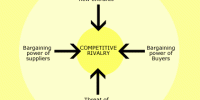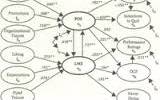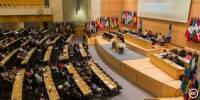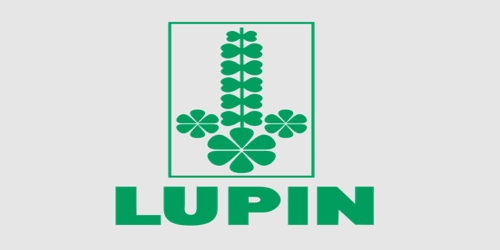Attributes of MMA:
It is the ‘liberation’ that creates the bond not ‘domestication’. This is the core spirit that stands as cornerstone in the evolution of another new approach in training called Mind Management Approach (MMA). Many also call it with the names like D. Approach (De-construction and Re-construction approach), Vangchur or Vanga Garar Khela. However, whatever the name goes the spirit of liberating and empowering the participants is the prime consideration to this approach.
The history of evolution of MMA goes back to around 1993 following the sincere desire to fulfil the spirit of participation, liberation and empowerment. The liberating approach propagates that for ensuring participation in any field of development, it is imperative to create such a non-threatening and cosy environment wherein the participants can bloom and expose their optimum potential to render fullest contribution for positive change. For this purpose the psyches of the participants should be set free from any kind of bondage, which is essentially founded on status relations in terms of position and condition of human beings. This status relation could be any kind of egoistic disposition due to academic degree, economic condition, nature of profession, age, family background, living standard, place variation, physical and intellectual potency, access to power, etc. This egoistic disposition generates a kind of vertical relation among the participants of any undertaking. Therefore, those who identify themselves as vertically upper they start counting the persons with low vertical stand as inferior and consequently get themselves positioned as givers, ignoring any scope of generating new learning or ideas. Same is the case dominates in the traditional training programmes in different places. However, this tradition in training was replaced by the liberating approach of participation after customising in Bengali context to evolve as Mind Management Approach (MMA). The belief of MMA has its root in Bangladesh and people’s power which was, afterward, through evolution, complemented by the approach of REFLECT that is an infusion of Freire’s liberating education and Chamber’s PRA.
The MMA has the following impact on the mind of participants as well as facilitators:
- Friendship: It helps to build friendship among participants and trainers within a very short time and this friendship lasts for a long time, even after training is over.
- Flexible learning: This approach creates a free and flexible environment through a combination of techniques and due to non-rigidity and effective flexibility, learning becomes easier.
- Optimum Involvement– Every participant feels ownership over the training, and become involved deeply developing self -motivation and responsibility to learn.
- Confidence is boosted: Due to a fearless environment, participants become free from any anxiety, threats, hesitation or reluctance and their confidence is boosted.
- Role reversal: Through careful planning in learning process and ADDA(Chat), the dis-empowered (the slow learners) participants are empowered in such a way so that they can regain their confidence and gradually take over responsibilities as facilitators during the course.
- Not boring at all: Due to a relaxed mood in sessions, even a long training is not boring and monotonous.
- Egos come down at same level: Through the use of different indigenous, open and subtle techniques the egos of participants are reduced and a feeling of mutual trust is developed.
- Spark generation: Although there is a subtle formality and norms in this approach, an informal and empowering atmosphere is created in sessions. Such a favourable learning environment sparks those participants who are slow in learning (dis-empowered) and they start to explore and use their talents with innovative ideas. This is called spark generation.
- Enjoying the learning: A free and friendly behaviour among participants and trainers ensures optimum learning. Participants participate spontaneously in sessions and enjoy the whole learning process.
- Open thinking: The lively and open atmosphere encourages everyone to take an active part in learning process and ADDA. And people feel free to expose their thoughts and feelings. This openness in thinking and liberty in argument helps participants to involved deeply into topics and learn extensively.
- Learning outside a session: Learning-net is weaved outside the formal session through some fine-tuned techniques. It ensures optimum level of learning; and participants can share their experience with more ease and convenience.
- Mutual Support: Within a flexible and friendly atmosphere everyone supports each other. Everybody is encouraged to give constructive feedback about each other’s limitations and strengths.
- Tolerance in personal life: As a by-product of this training, participants become more enlightened and are self motivated to show more tolerance in their family, social and professional lives.
- Innovativeness: The whole environment encourages participants’ mind to be inquisitive as well as innovative. They become more active to identify new tools and techniques for more effective learning.
- Sharing failures and success equally: The relationship that develops between a trainer and a participant can be termed a friendly dialectic relation. Everybody shares each other’s resentment of failures and joy of success.
- Self actualisation: The whole approach of learning boosted up the self esteemed of participants towards a devoted life for the people. And it continues for ever.
















